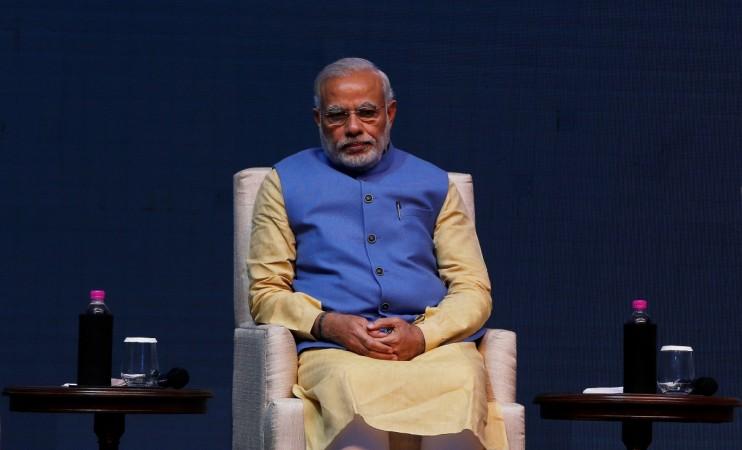
The rupee is expected to fall further against the US dollar this year to a record low, hit by rising global bond yields and an economic blow from New Delhi's dramatic currency crackdown launched two months ago, a Reuters poll found.
The rupee performed a bit better than most of its regional peers in 2016, weakening just over 2 per cent as India's economy, the fastest-growing in Asia, roared ahead for most of the year.
But capital outflows intensified toward the end of 2016 after Donald Trump won the U.S. presidential election and Prime Minister Narendra Modi announced the end of high-value bank notes.
Also Read: No populist sops expected in Budget 2017 as Govt walks a tightrope after note ban
The rupee is forecast to weaken to 68.50 a dollar in one month versus 67.73 at Thursday's (Jan 5) close, the poll of nearly 30 foreign exchange strategists carried out this week showed.
It is expected to fall further to 69.50 by year-end. That 12-month consensus is the weakest for several years and would mark a record low. Just three months back the view in a Reuters poll was for the rupee to trade at 67.73 in a year.
"We see a less rosy scenario in the capital account and current account front in the coming two years, with global bond yields and money flowing back to the U.S.," said Bhupesh Bameta, head of FX research at Edelweiss Financial Services in Mumbai.
Since Trump's election victory, markets have realigned over expectations his administration will bring in sweeping tax cuts, infrastructure projects and deregulation.
The 10-year U.S. Treasury yield has rallied more than 25 per cent since the election, hitting a two-year high of 2.641 per cent on December 15.
The Fed also raised the federal funds rate last month for the first time in a year. The central bank signaled a faster pace of rate increases this year based on expectations for fiscal stimulus.
In India, Modi's demonetisation drive has hampered both industrial and services output, with a private survey this week showing factory activity and services took a hit last month, lending credence to worries that it would dent growth.
"Given the demonetisation exercise, the attraction for gold may come back again," Bameta said. "(Given) the fact that there was no meaningful depreciation of the rupee over the last two years when everything else was depreciating, a correction...is due."








